
Holiday Sleep Hacks: Stay Rested and Recharged During the Festivities
The holiday season is a time of joy, celebration, and connection, but it can also take a serious toll on your sleep. Between late-night gatherings,

The holiday season is a time of joy, celebration, and connection, but it can also take a serious toll on your sleep. Between late-night gatherings,
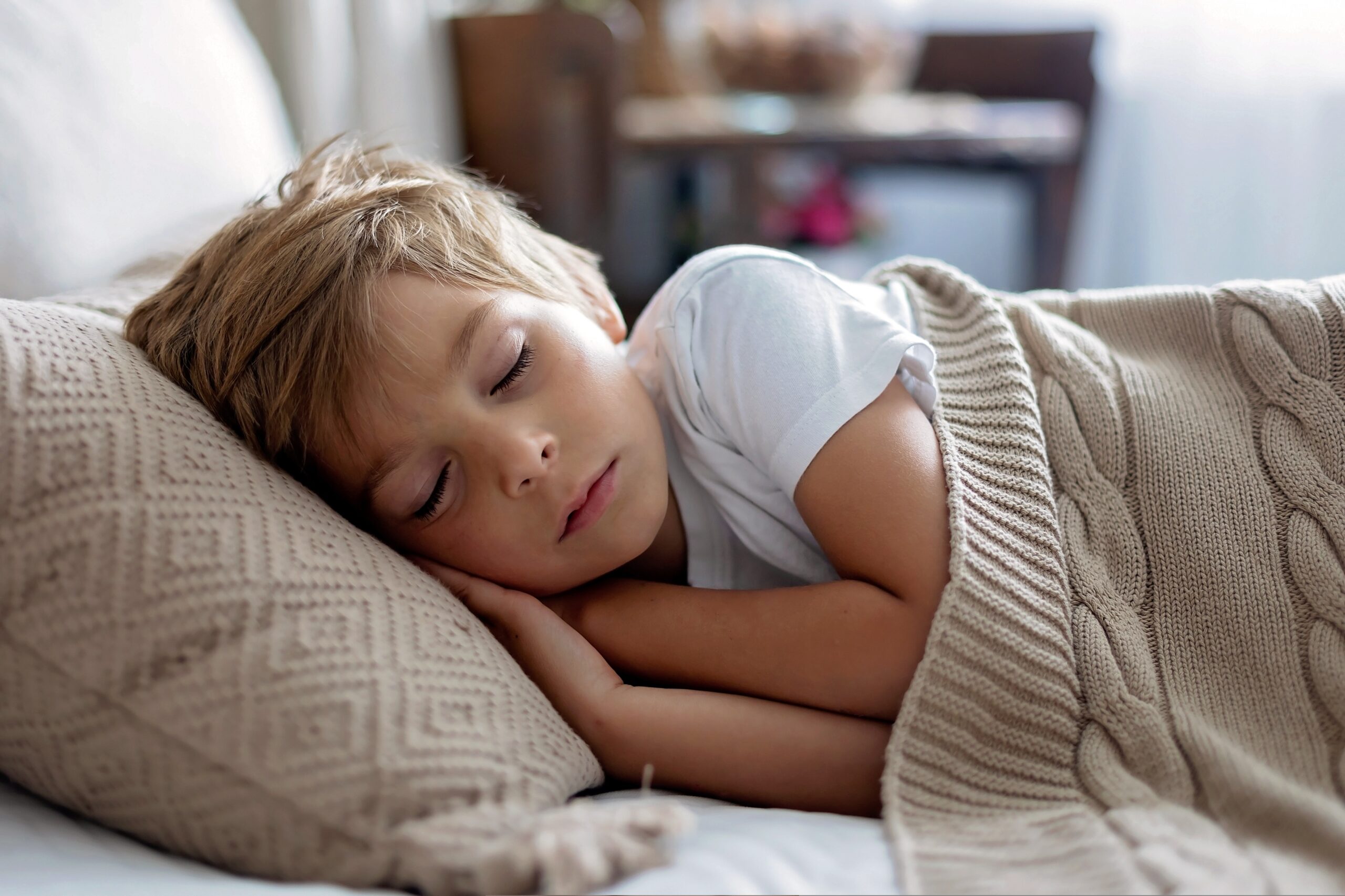
Ensuring your children get quality sleep isn’t just about maintaining a routine; it’s about setting the foundation for their health, happiness, and overall development. Sleep
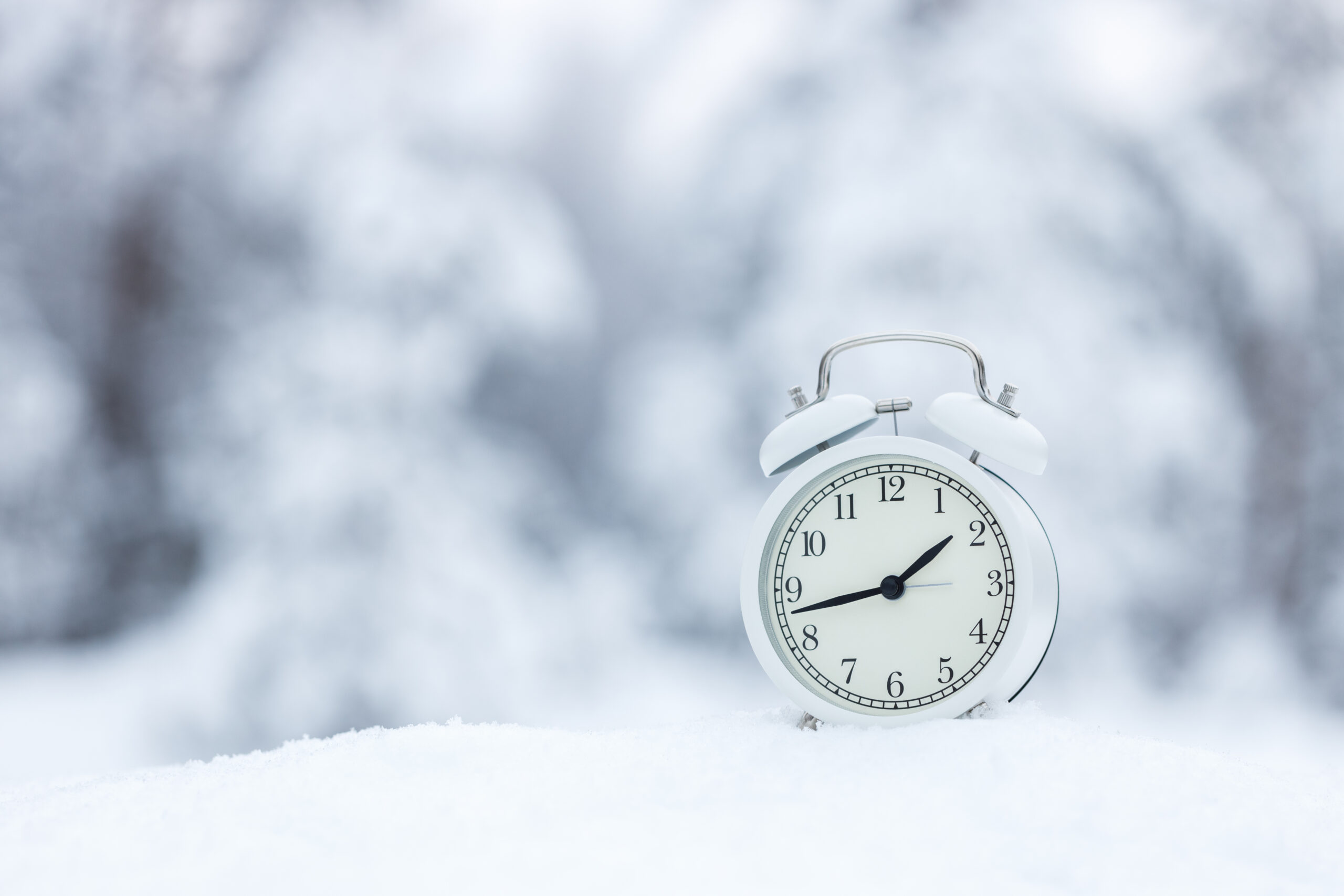
As the cold winter nights draw in, ensuring a good night’s sleep becomes essential. The season brings with it the challenge of staying warm and
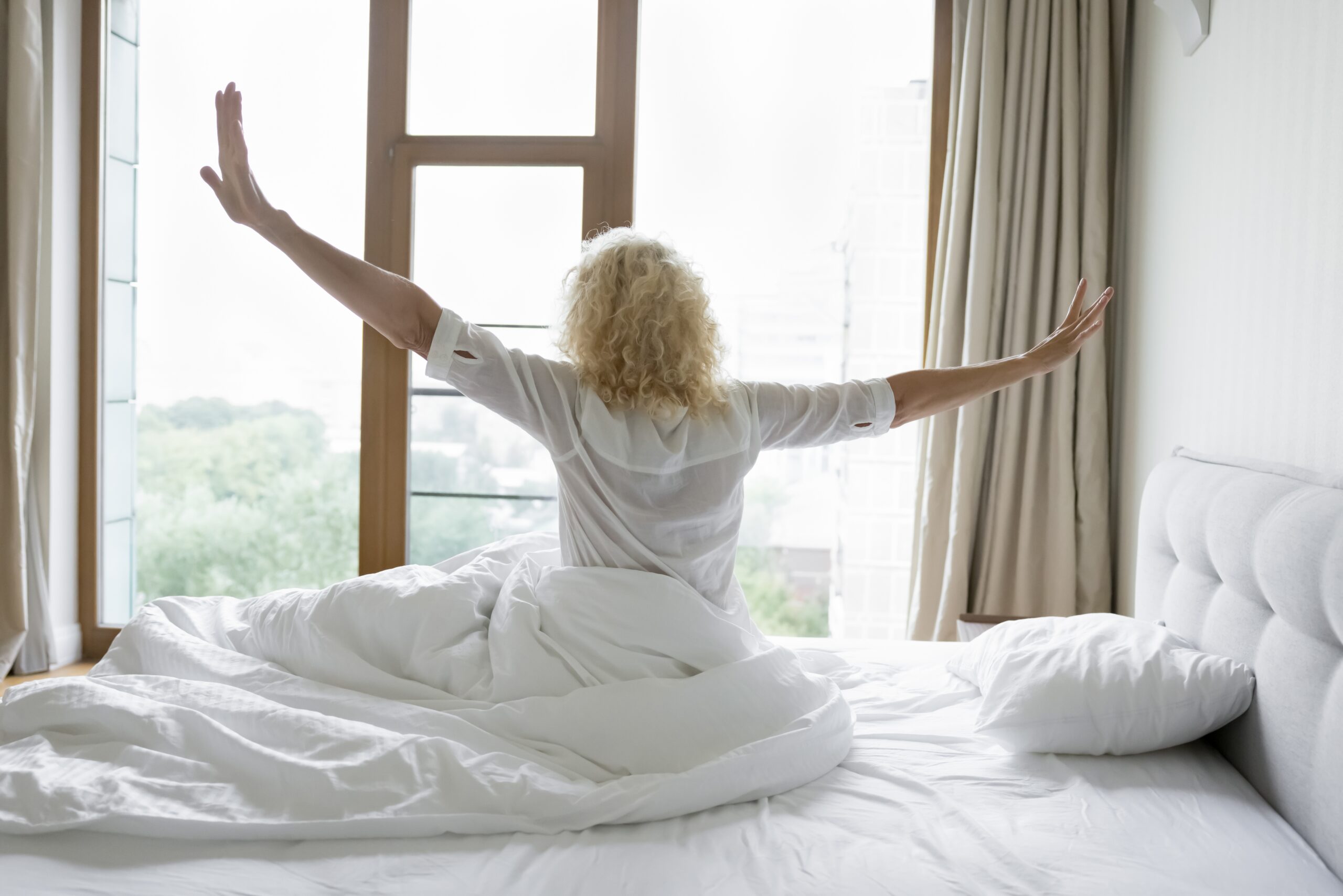
Sleep is not just a passive activity; it is a powerful process that underpins nearly every function of the body. From boosting cognitive performance to
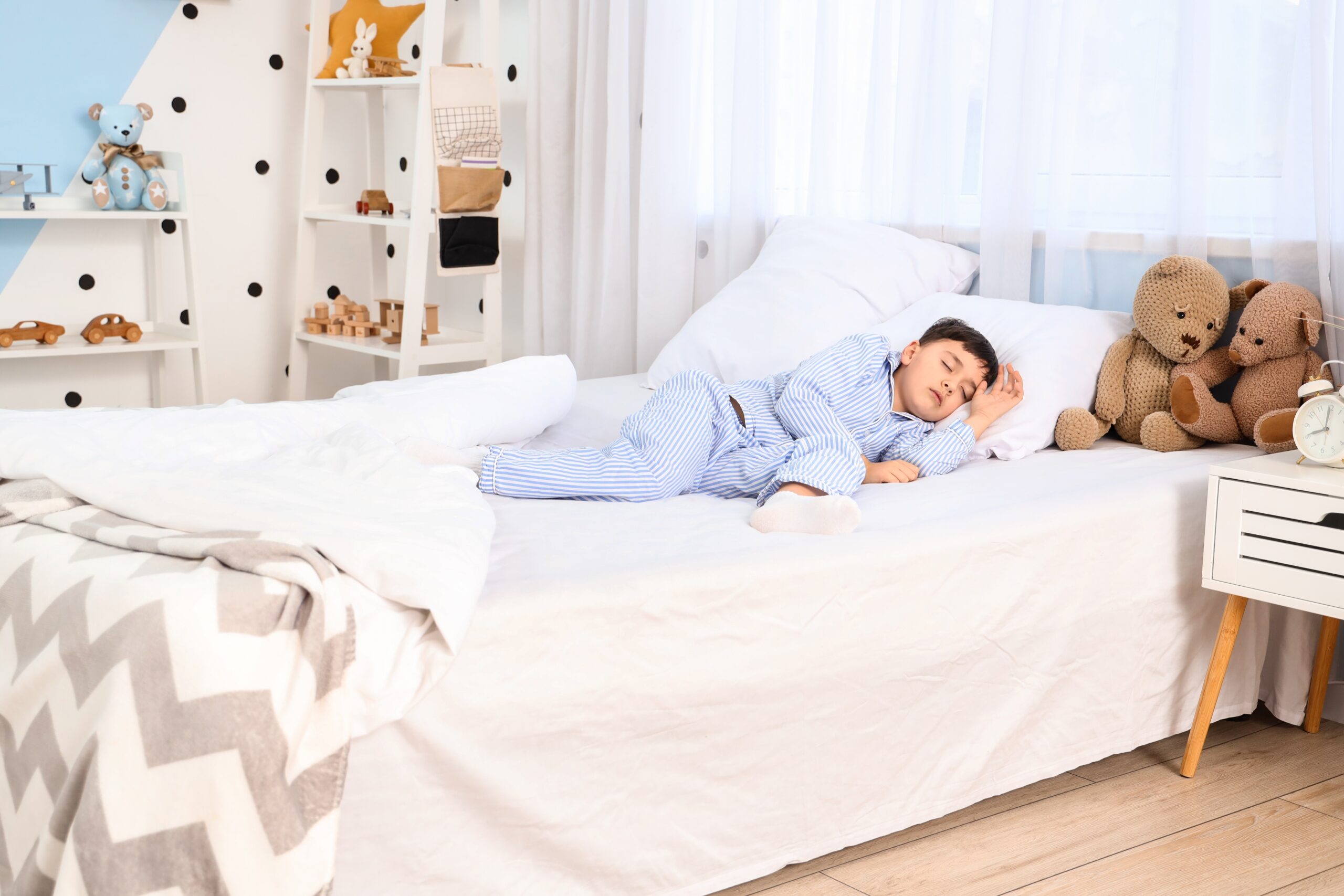
Creating an ideal sleep environment for your child is essential for their overall well-being and development. The right surroundings can significantly impact their ability to
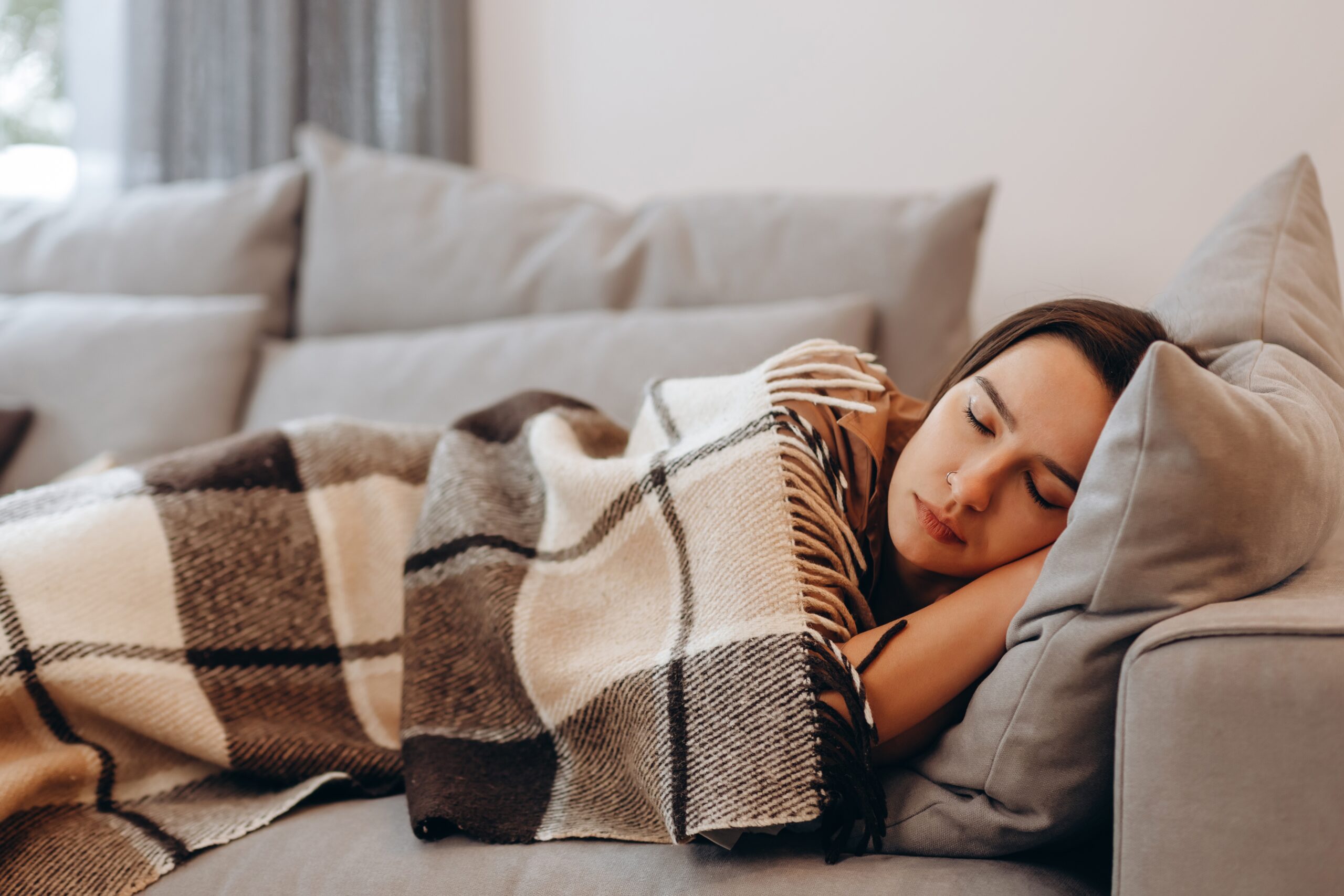
In our fast-paced world, the hustle and bustle of daily life can often leave us feeling drained and fatigued. We juggle countless responsibilities, from work
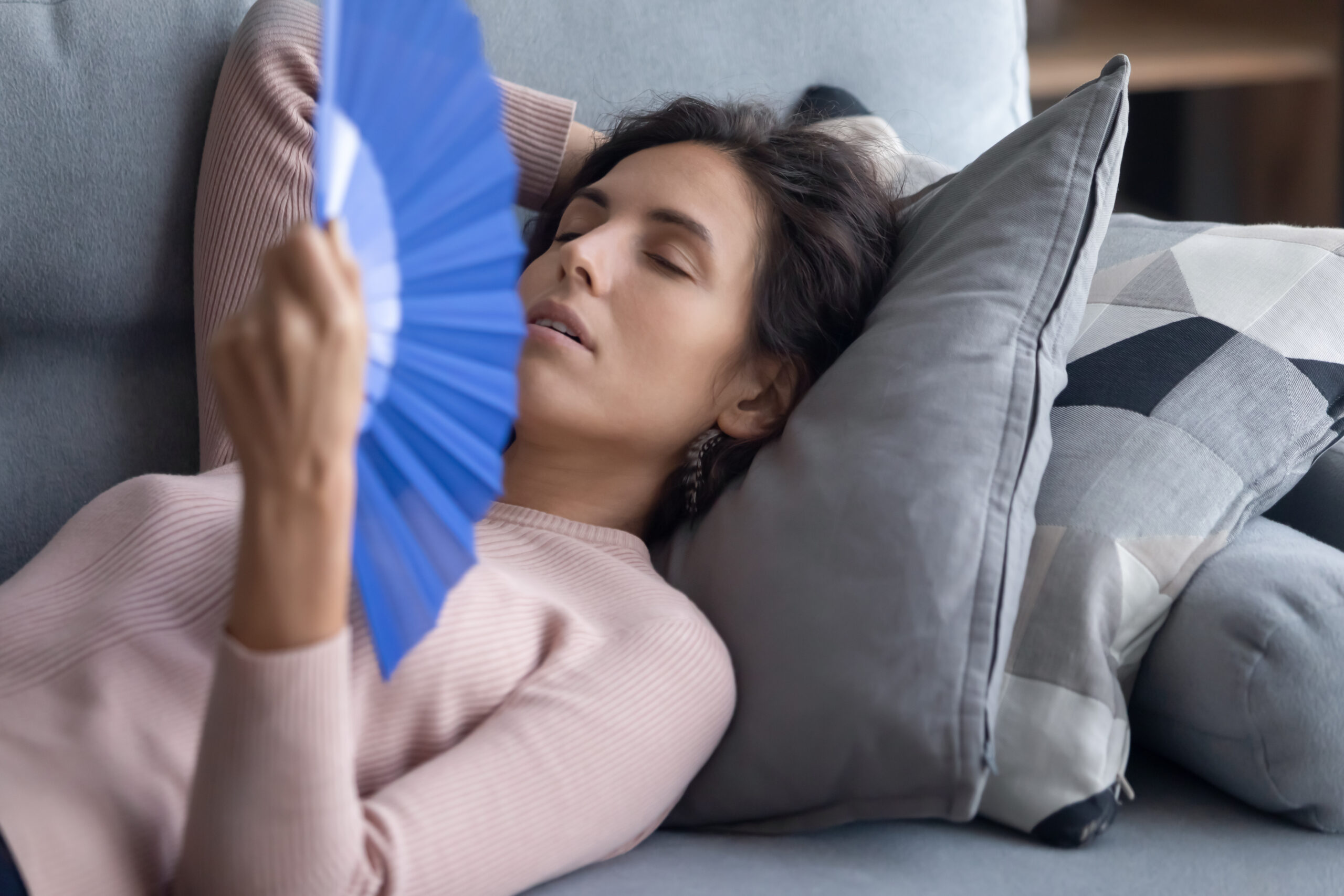
Sleep is one of the most important aspects of staying healthy. The brain uses sleep as a way to recharge and refresh itself each night.
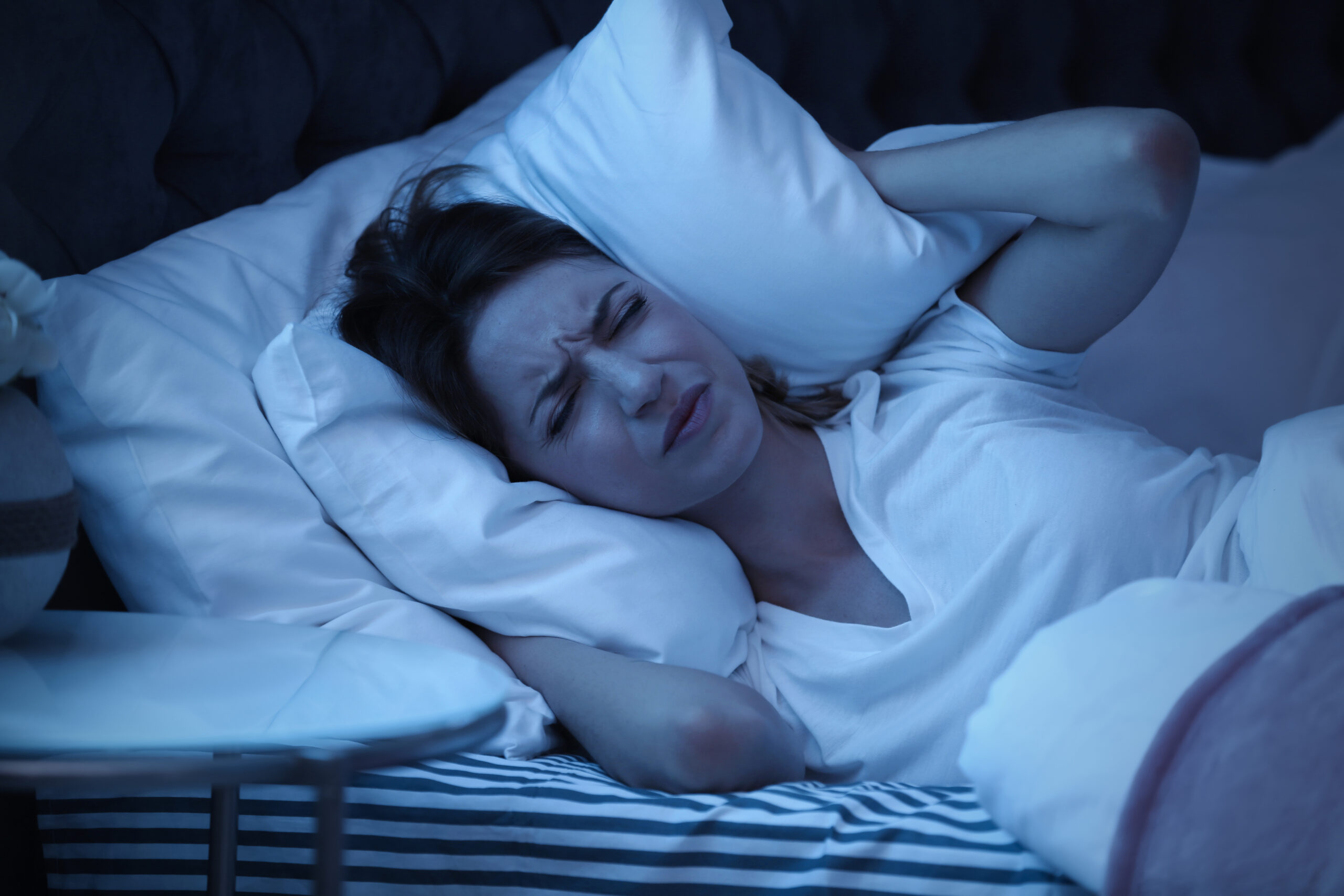
The quality of your sleep can be significantly influenced by the sounds around you. Understanding how different noises affect your slumber is crucial to creating
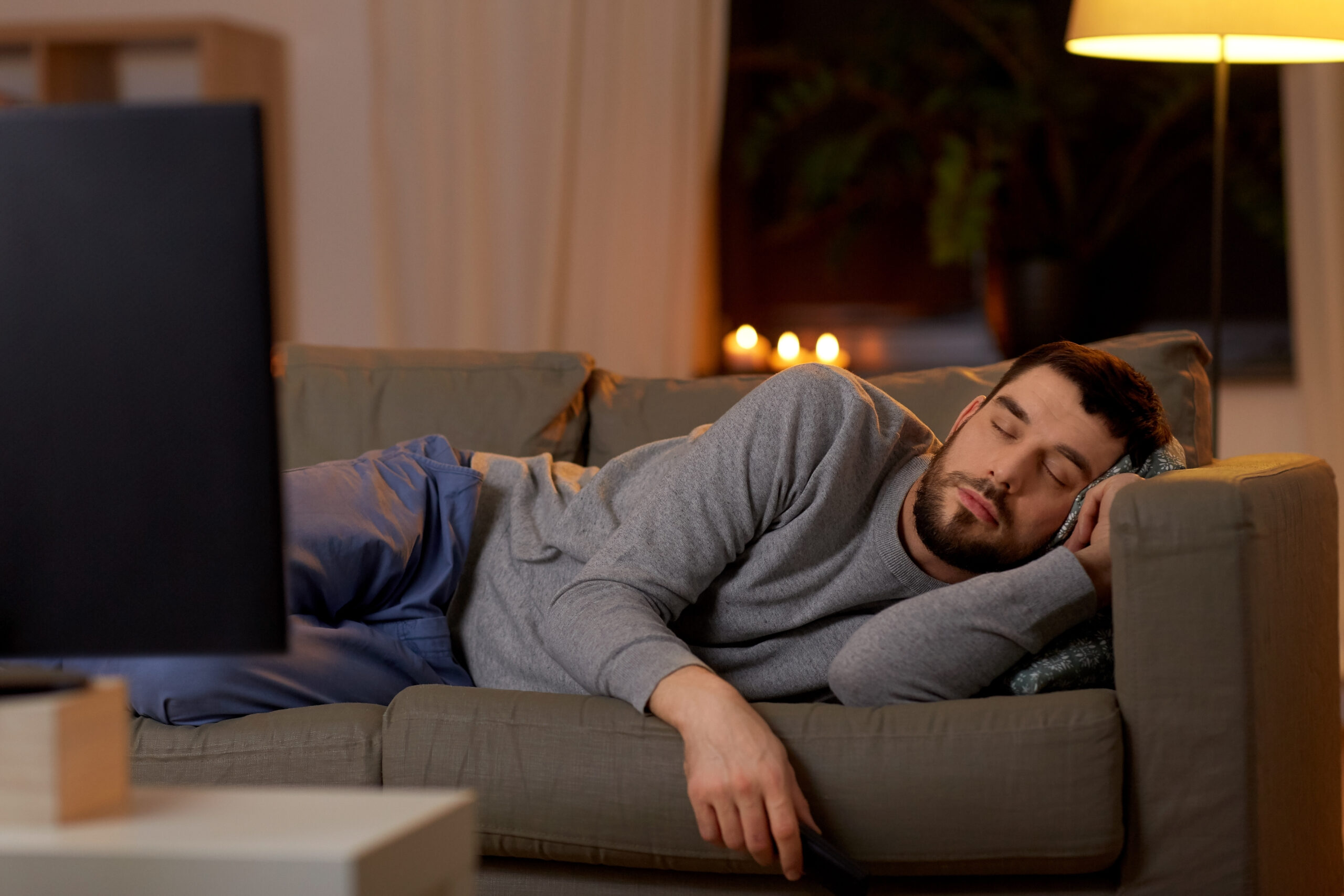
In a world where the entirety of television history is just a few clicks away, the phenomenon of binge-watching has rapidly become a universal pastime.


